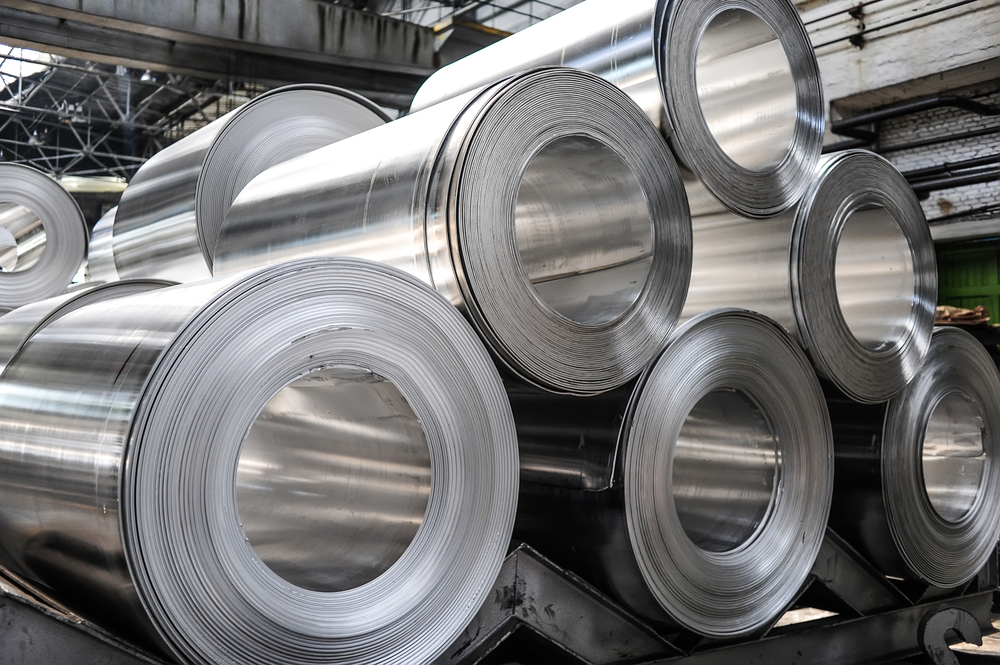Aluminum price hits highest level since April 2018 on China curbs

Aluminum prices jumped on Friday to their highest in more than three years as worries about supplies from top producer China escalated after the country’s Xinjiang region imposed output limits on five smelters.
Benchmark aluminum on the London Metal Exchange was up 1.5% at $2,658 a tonne midday Friday. Earlier in the session, prices touched $2,664.5, the highest since April 2018. Aluminum prices on the Shanghai Futures Exchange jumped to their highest since August 2008.
[Click here for interactive aluminum price chart]
“It’s all to do with China and output curbs, which are mostly to do with cutting emissions, unusual in the summer months,” an aluminum trader told Reuters.
The monthly limits across the five smelters in Xinjiang represent a 10% output cut from levels in the first seven months of this year, according to Reuters calculations.
Xinjiang is a major smelting hub in China, accounting for almost one-fifth of supply in the world’s biggest producer and consumer of aluminum.
Curbs on smelters’ electricity usage in some regions are reducing domestic aluminum supply in China, underpinning imports that were up 47% year-on-year in the first seven months of 2021.
Earlier this week prices jumped on worries of supply disruptions after a major fire hit a Jamaican alumina refinery.
The metal has surged more than 30% this year, second only to tin among the six base metals traded on the London Metal Exchange, propelled by the global economic recovery.
Chinese reserves
China said it would release its third batch of metals from state reserves on September 1 as part of its ongoing campaign to control prices and prevent commodities inflation from hurting growth.
The National Food and Strategic Reserves Administration said Friday it will sell 70,000 tonnes of aluminum, 50,000 tonnes of zinc, and 30,000 tonnes of copper, quantities in line with the two earlier auctions that took place in July.
China skipped selling metals in August because of a spike in coronavirus cases, according to a Shanghai Metal Exchange report.
The reserves bureau has so far released a total of 270,000 tonnes of the three metals as part of Beijing’s wider pledge to rein in markets after this year’s commodities rally stoked concerns over factory inflation.
(With files from Bloomberg and Reuters)
{{ commodity.name }}
{{ post.title }}
{{ post.date }}




Comments